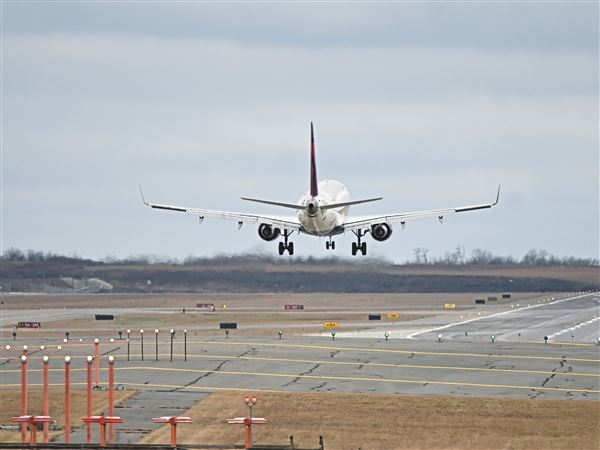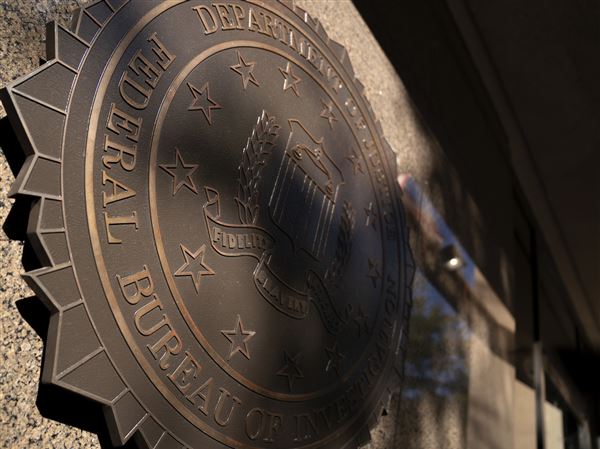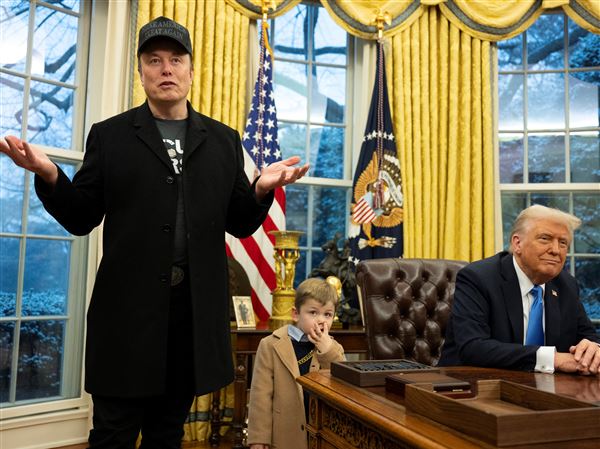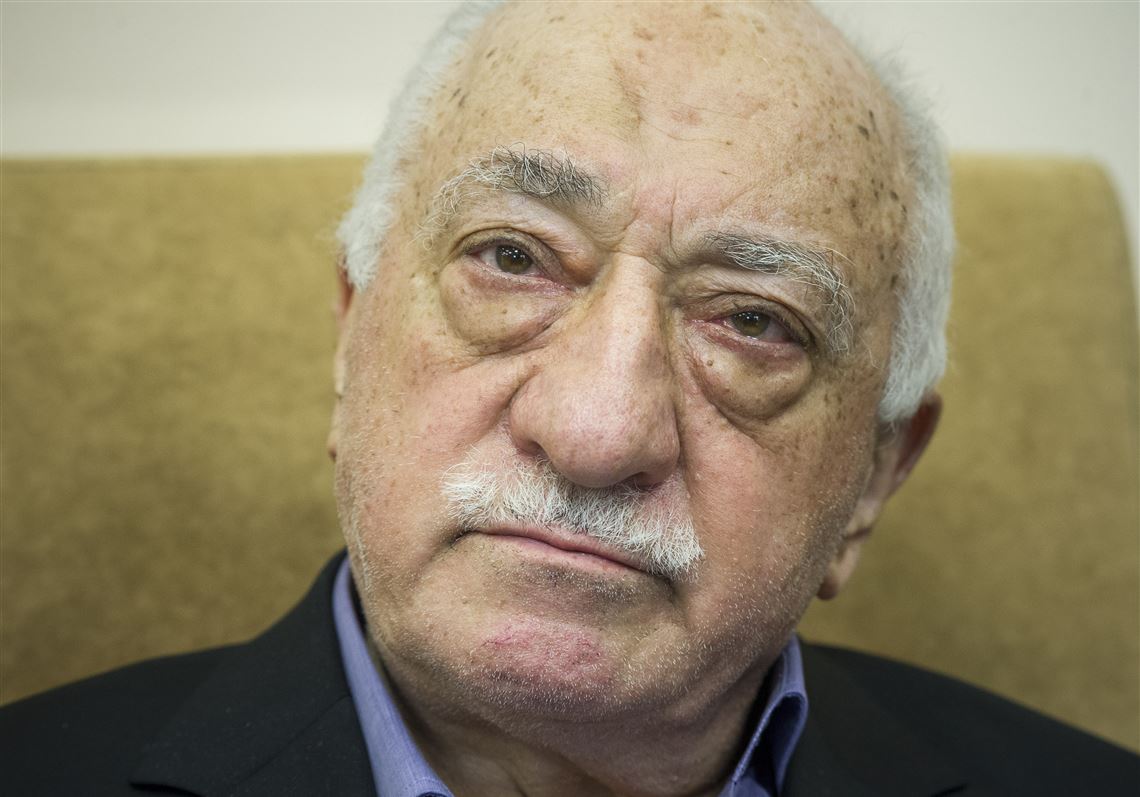ISTANBUL — Turkey’s foreign minister said Sunday that the United States was “working on” extraditing Fethullah Gulen, the Muslim religious leader who is wanted in Turkey on charges that he instigated a failed coup there two years ago.
The presence of Mr. Gulen in the United States — he has lived in self-imposed exile in Pennsylvania since the 1990s — is one of the major points of contention in the uneasy relations between the two NATO allies.
But Foreign Minister Mevlut Cavusoglu said that President Donald Trump had told President Recep Tayyip Erdogan during a meeting at the recent Group of 20 summit meeting in Buenos Aires that his administration was “working on” the extradition request. Mr. Cavusoglu made the comments at a conference in Doha, Qatar, on Sunday.
“Last time we met in Buenos Aires, President Trump told President Erdogan that they have been working on that,” he said, “but we need to see concrete steps because it has been already two years, almost three years.”
The State Department referred requests for comment to the Justice Department, which did not immediately respond on Sunday evening.
Mr. Cavusoglu said Turkey had also requested the extradition of more than 80 Gulen followers living in the United States.
“Our expectation is very clear,” Mr. Cavusoglu said, adding that “we have bilateral agreements and international law is there.”
Turkey has repeatedly requested that Mr. Gulen be handed over, or that he be prosecuted in the United States. Turkish officials have often complained that the United States government has done little with what Turkey says is 85 boxes of evidence in support of the case against the preacher that it has handed over.
Mr. Gulen, a moderate Islamist theologian who runs a network of schools and charities around the world, has denied playing a role in the coup attempt.
U.S. officials have accused Turkey of detaining the American citizens and consular employees as leverage in the dispute. Mr. Erdogan once suggested a swap of the preacher and American pastor Andrew Brunson, who was released suddenly in October after two years in detention over accusations of spying and aiding terrorists.
The case against Mr. Gulen asserts that he led a shadowy movement that infiltrated government institutions — instigating the removal of opponents and promoting its own supporters into positions of power in the army, government and judiciary — until the moment it could seize power.
That thesis is backed up by several respected investigative journalists and prominent lawyers, who exposed false accusations by Gulenists against army and air force officers in notorious show trials that allowed them to vault their own followers to prominent positions.
It may be difficult to prove any link to Mr. Gulen in court, however. While there are the recordings of military conversations from the control tower at Akinci, and of pilots, there are no recordings from inside the command center where the civilians were seated.
United States officials have said in the past that Justice Department agents have devoted hundreds of hours going through the evidence, but that the material presented by Turkey does not meet the standard to secure Mr. Gulen’s extradition in an American court.
Diplomats concur that Gulen followers were among the leaders of the coup attempt but say there is little evidence of Mr. Gulen’s involvement that would satisfy a court.
Turkey and the United States have also been at loggerheads over the United States relationship with Kurdish forces in Syria. The Turkish government considers the Kurds a threat, and Mr. Erdogan threatened this month to mount a new incursion into northern Syria to tackle the security threat.
The United States counters that the Kurds are the most capable of fighting the Islamic State.
In addition, tensions rose over how to respond to the killing of the Saudi dissident Jamal Khashoggi in the Saudi Consulate in Istanbul. Mr. Trump’s defense of Crown Prince Mohammed bin Salman of Saudi Arabia in that case has irritated the Turks, who have demanded a fuller accounting from the Saudis of what happened.
A cleric who rose to prominence starting in the 1960s, Mr. Gulen has been embraced in the past by the West for espousing a vision of moderate Islam and interfaith dialogue. Gulenists have also long filled the ranks of the state — the police, judiciary and military — with the blessing of Mr. Erdogan.
Now, Mr. Erdogan has purged tens of thousands of suspected Gulen supporters from government and military posts, and seized dozens of people from abroad. Turkey has maintained that it extradites suspected Gulenists only with the permission of the foreign governments concerned.
In Turkey these days, there are many ways to lose your job or land in jail: holding a mortgage from the bank affiliated with Mr. Gulen; current or past enrollment in one of the cleric’s many schools; or simply owning a book or subscribing to a newspaper published by the Gulenists.
License plates with the letters FG, which might suggest an allegiance to Mr. Gulen, draw scrutiny from officials. The president has called on Turks to inform on their fellow citizens, and so the whispered word of a neighbor with a grudge could be enough to land someone in jail. So could a post on Twitter.
And if the police cannot find you, they may look for a family member.
While many of those who have lost their jobs say they have never been sympathetic to the cleric, others readily acknowledge that they once considered themselves disciples of Mr. Gulen but say they had no role in the coup attempt.
In purging the Gulenists, Turkey has also seized businesses, transferring about $4 billion of wealth from the private sector to the state, evoking comparisons with the infamous wealth tax in 1942, when Turkey targeted its non-Muslim citizens, including Christians and Jews.
















